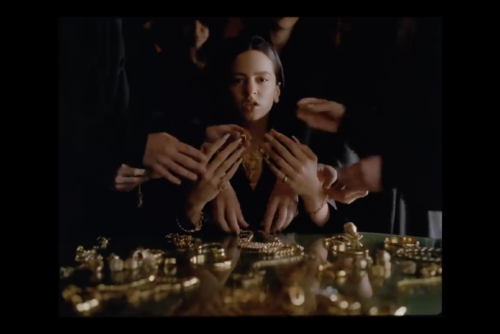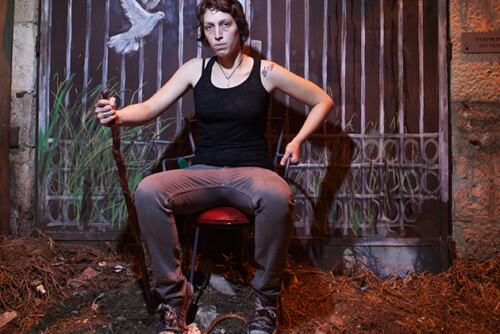One example I saw in Peru was of a mother who had an opportunity to work harvesting coffee in the jungle, a place not suitable for children but the only job available to her and the only way she could make some money to be able to feed her child. Another case I read about was of a man whose wife died in childbirth, like Mercy’s mother. The man didn’t know how to take care of a baby, so he gave her to the orphanage to care for until she grew old enough to be somewhat self-sufficient, perhaps three or four years old in the Andes. Leaving a child at an orphanage must be viewed in the context of a country where people are so poor that in their desire to take care of their children, they determine that the only way to do so is to take this drastic, but temporary measure.
Similarly in Malawi, according to CBS, Mercy’s grandmother thought the orphanage would help lighten her load until Mercy was old enough to go to school: she was quoted as saying: “the discussion that we had was that after 6 years I would be able to get Mercy back into the community, so that she could be integrated back.” In the interviews she said, “I did not want my granddaughter to be adopted.” She added that she hoped for Mercy to visit often and return home to live in Malawi when she finishes school. James Kambewa also told CBS, “I do not want my baby to be adopted.” 1
These revelations about family members who potentially do not want Mercy to be adopted sketch a picture of stratified reproduction. To put it bluntly: in a poor African country, an overwhelmed grandmother and an alleged father estranged from his child’s family are ostensibly pressured by the orphanage to legally renounce the child so that a wealthy, powerful, white celebrity can sweep her up and take her back to one of her several well-appointed houses. Like the fertility clinic doctor in the Indian surrogacy example, Madonna frames her adoption of Mercy as potentially contributing to Malawi’s development: “And it’s my hope that she, like David, will one day return to Malawi and help the people of their country.” 2
Yet we cannot simply take James Kambewa’s and Lucy Chekechiwa’s words at face value. What they describe might be exactly what happened; or it might also be that they are representing their actions and decisions in the best light possible, knowing that they are now part of a global media event, and they may be exaggerating their desire to keep Mercy close to them. According to Madonna’s spokesperson, Liz Rosenberg, “No family member has ever come forward to claim this child.” 3 Between Chekechiwa’s hopes for Mercy’s future in the community and Rosenberg’s point that no one had come forward to claim Mercy lie many unanswered and unanswerable questions: did family members maintain contact or communication with Mercy while she was in the orphanage and before Madonna’s interest was apparent? If not, was this due to disinterest and abandonment, or to social and cultural pressures? In either case she appears to have been brought to the orphanage and available for adoption; both possibilities are tragic, but only the former prefaces an adoption without ambivalence over what could have been done differently.



